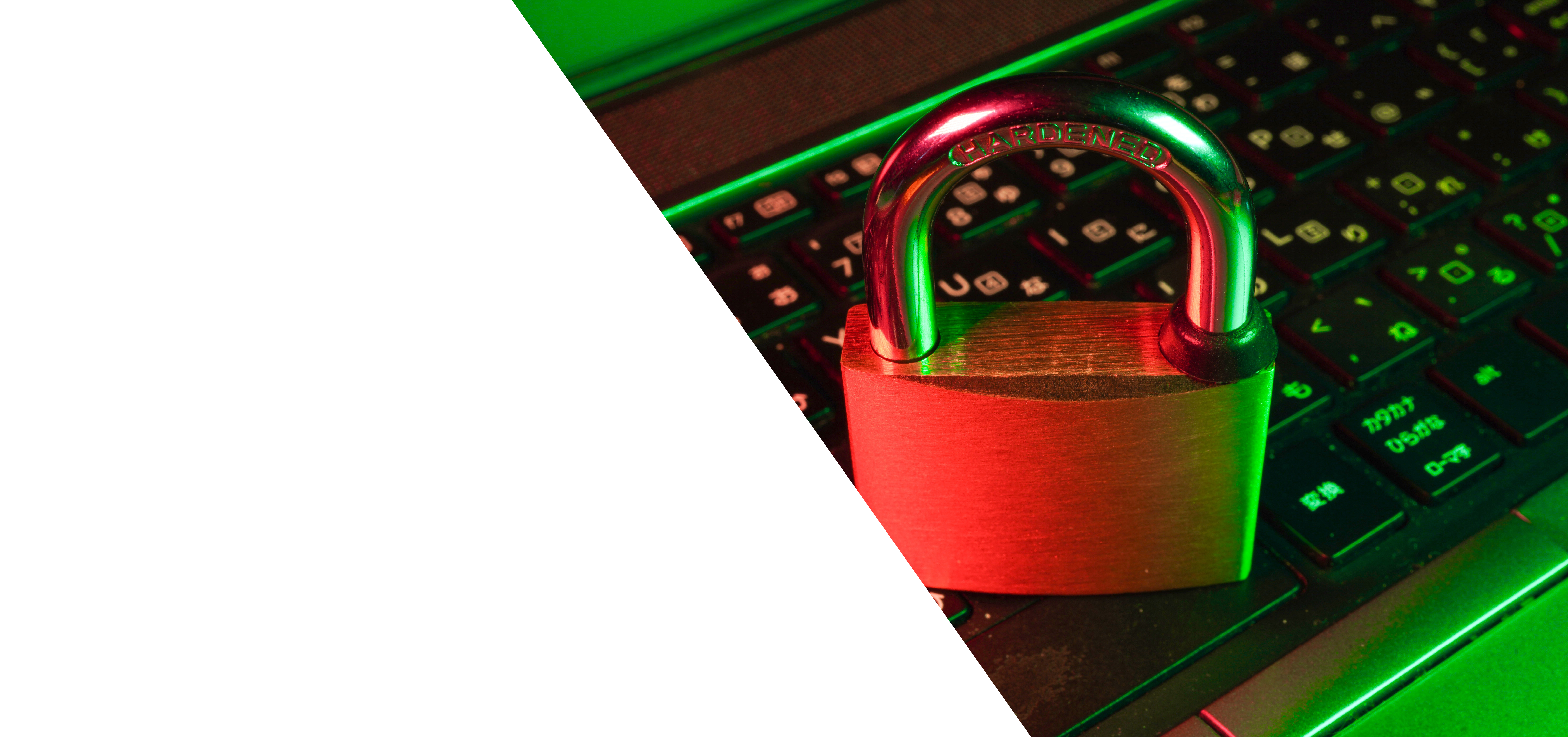Of all the different risks that a business owner faces, one of the most prevalent is a cyber security incident. In 2021, nearly half of all Irish companies had suffered at least one cyberattack within the last year. Year over year, the frequency of cyberattacks in the country is up by 26%.
It’s become a reality of not “if” your business is hit with a successful data breach or malware infection, but “when.” Yet, many business owners aren’t properly prepared. They may be too busy to get around to fortifying their IT environment as they should. Or they may think their company is the one that can fly under the radar.
But statistics show that smaller companies are actually targeted more than larger ones. Within the last year, 90,000 SMEs in Ireland had data stolen.
Cyberattacks are coming, but the good news is that there is something you can do about it now. Safeguards that you put in place today will ward off attacks tomorrow, improving your business outlook and reducing your risk of a costly data breach.
Here are some of the protections that your company should focus on now to prepare.
Enable Multi-Factor Authentication on All Cloud Accounts
Compromised passwords are now the main cause of data breaches globally, according to the latest IBM “Cost of a Data Breach” report. Leaving your cloud protected with only a username and password is inviting a breach of at least one employee login.
Multi-factor authentication is one of the easiest, least expensive, and best protections you can put in place for cyber security. Microsoft has shown it to be effective at blocking 99.9% of fraudulent sign-in attempts.
Automate OS and Software Updates
Unpatched vulnerabilities are often the way in which hackers first breach a network. It could be through a smartphone using an old operating system or through a server that hasn’t had the latest software patches installed.
Automating your OS and software updates through managed security services helps ensure that no matter how busy your employees are, their devices are being promptly updated.
Use Zero Trust Application Whitelisting
Zero trust is becoming the norm for businesses that are serious about protecting themselves from a cyberattack. Tactics like application whitelisting fortify security because it takes a “trust no one” approach.
Rather than having to know what “bad” applications to keep out, it only has to know what “good” applications are allowed to run. Once your designated applications are whitelisted, all others are blocked by default. This is a more secure approach and can also be done for things like endpoint devices, and network users.
Protect Your Network with Advanced Threat Protection (ATP)
Yesterday’s firewalls may not be enough to protect you from today’s threats. Using an advanced threat protection (ATP) system provides you with a firewall that is smarter and more responsive.
ATP systems can do a lot more than legacy network security, including:
- Identify anomalous behaviours
- Learn user patterns to identify what is “out of the norm”
- Detect threats and respond to them with pre-programmed actions
- Report on threats and the actions that were taken to neutralize them
Manage & Monitor Endpoints
The advent of remote work and mobile technology has increased the number of endpoints that connect to company data and cloud accounts. Often, employees are using their own devices for work when working from home, and BYOD (bring your own device) is the preferred way to handle the need to use mobile devices for business purposes.
The more endpoints you have in your technology environment, the higher your risk of a breach. You can reduce that risk by using an endpoint management solution.
These applications improve endpoint security by providing:
- Monitoring of endpoint traffic through your network
- The ability to instantly grant or revoke access to a device
- Automatic updating capabilities
- Logs and tracking for endpoint activities
- Ability to whitelist approved devices and block all others
Put Ongoing Employee Security Awareness Training in Place
Human error is a major contributor to cyberattacks. Most attacks begin with a simple phishing email. By simple we mean the delivery method, not the phishing attack itself. Phishing has become quite sophisticated, using AI to personalize messages and make them more realistic.
Ongoing training (not just once per year) is necessary to keep your team sharp. You should include a mix of important topics (data handling, device security, phishing, etc.), as well as use different training methods to keep employees engaged.
You can try on-demand videos, cyber security tips, webinar-based training, phishing simulations, and more.
Improve Your Security with Managed Services from FutureRange
Putting a layered cyber security strategy in place doesn’t have to be difficult if you work with FutureRange. We’ll ensure that your business is covered with best practices that are effective and that make sense for you.
Contact us today to schedule a consultation. Call +353 1 2960 560 (Dublin) +353 6140 0230 (Limerick) +353 21 2427974 (Cork) or reach us online.



















